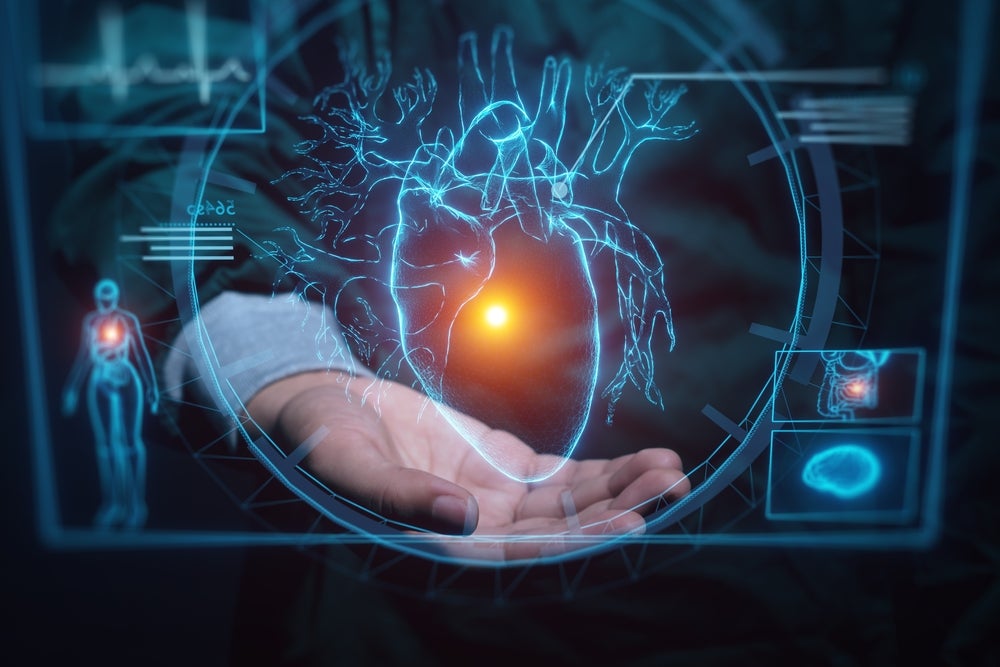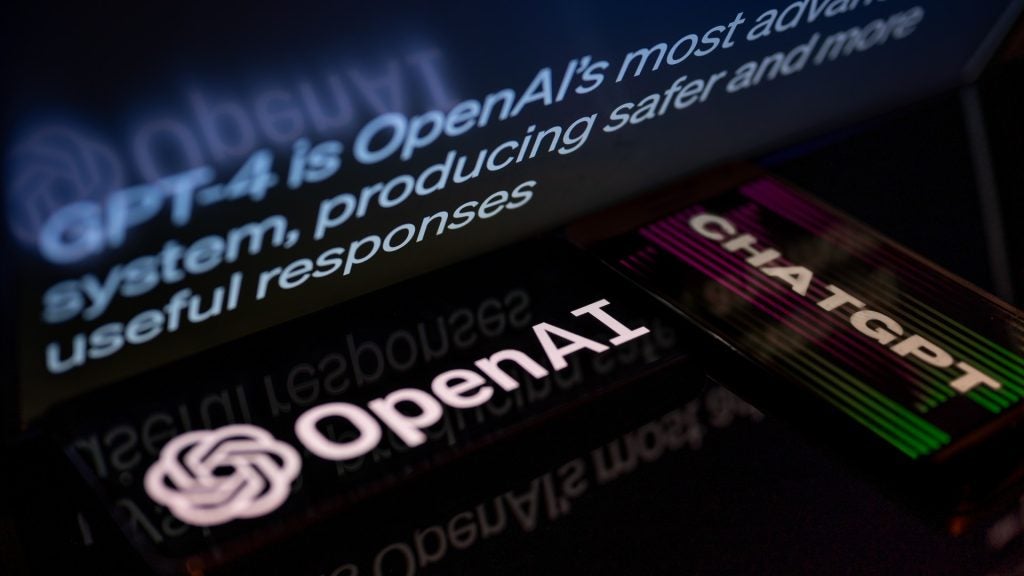ABK Biomedical has received breakthrough device designation (BDD) from the US Food and Drug Administration (FDA) for its Eye90 microspheres Y90 radioembolisation device.
This designation pertains to the proposed indication of the device for treating individuals diagnosed with unresectable hepatocellular carcinoma (HCC).
Eye90 is claimed to be the only in-procedure imageable Y90 microspheres device.
It incorporates Y90’s radiation therapy with a new imageable glass composition for procedure visualisation through fluoroscopy, X-ray, and CT imaging modalities.
ABK Biomedical president and CEO Mike Mangano said: “This confirms our belief that Eye90 represents an important evolution of radioembolisation technology with the potential to significantly improve patient outcomes.
“Our discussions with the FDA have been productive, and this designation will allow us to streamline interactions with the FDA and bring this product to market in an efficient manner.”
In October, the company announced the treatment of the first subject in Route90, a pivotal FDA investigational device exemption (IDE)-approved trial.
It is designed to assess the efficacy and safety of Eye90 microspheres in patients with unresectable HCC.
The response rates of HCC tumours and the duration of response to Eye90 microspheres treatment are the trial’s co-primary endpoints.
Furthermore, the company’s Easi-Vue embolic microspheres offer an imageable embolisation device that facilitates direct visualisation of the microspheres implant during the embolisation procedure.
This device received 510(k) clearance from the FDA for the embolisation of arteriovenous malformations and hypervascular tumours.
ABK Biomedical is focused on the development and commercialisation of medical device therapies for the treatment of patients with benign and malignant hypervascular tumours.















